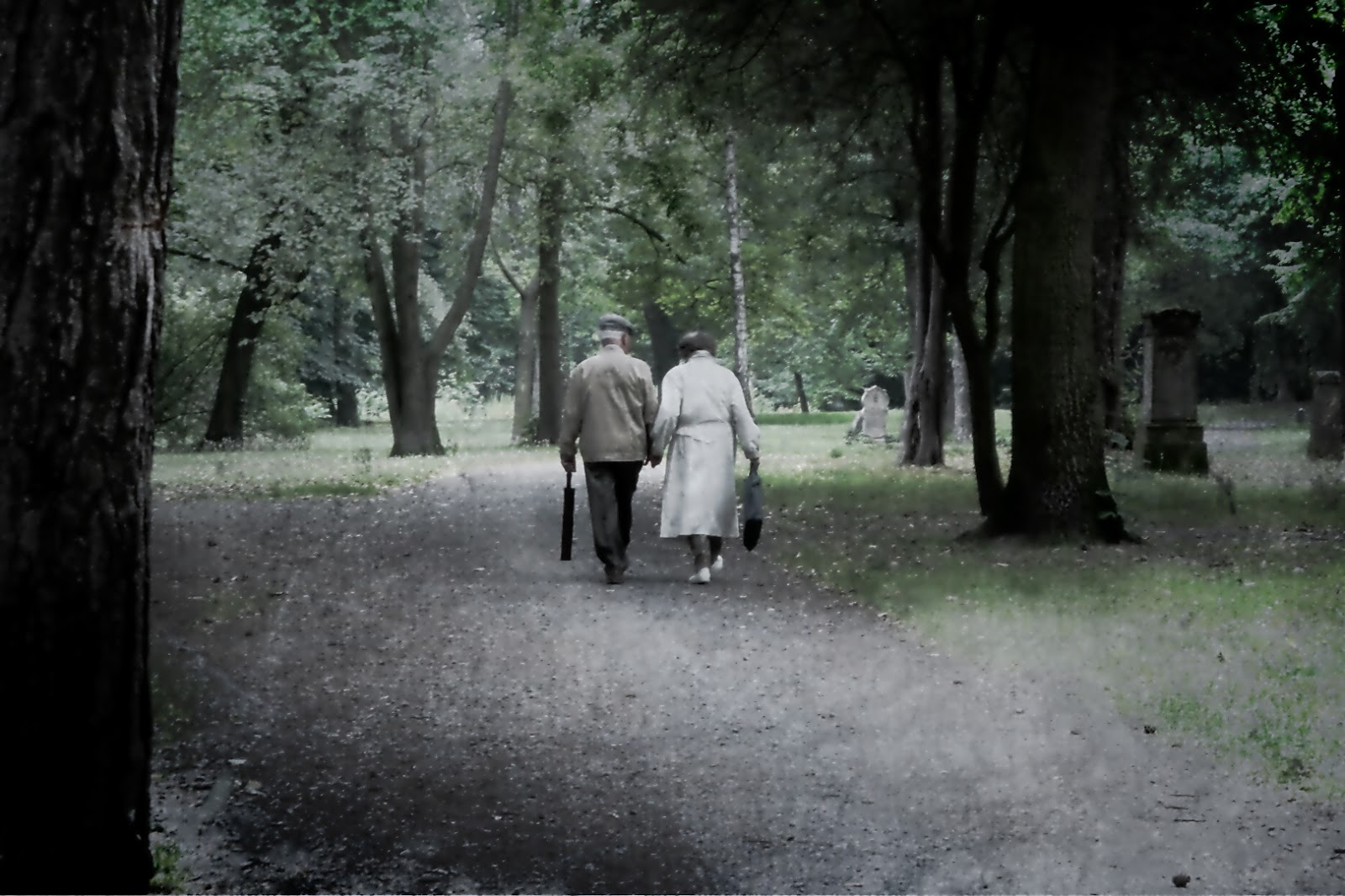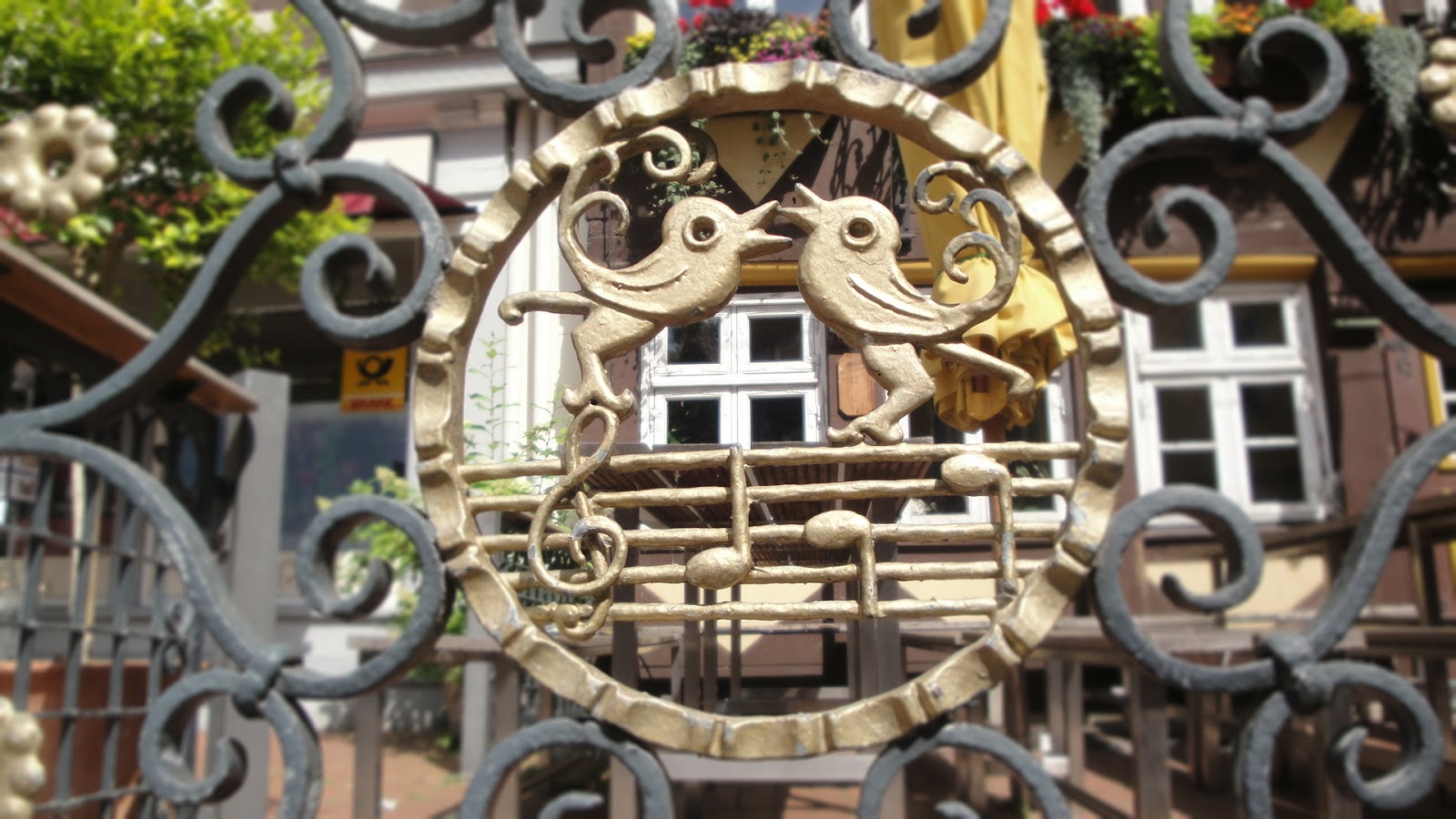O how all things are far removed from one another
and long have passed away.
I do believe the star,
whose light my face reflects,
is dead and has been so
for many thousand years.
--Rainer Maria Rilke
The incense stung my eyes as I walked for the first time into the Preobraženjska crkva, the main Orthodox cathedral in the capitol city of Zagreb, Croatia. The only country in the Balkans with an overwhelmingly Catholic populace, I had assumed I was just walking into another Catholic church to snap some pictures and leave. But as soon as the incense hit my nose, the icons hit my eyes and the silence hit my ears, I knew this was Orthodox. It was the first time I'd been in an Orthodox church in months. But this church felt somehow different.
After making my way around all the icons, I finally realized why: it was all that gold. And, as may not be clear from pictures, we're not talking golden-rod paint here. We're talking solid, gold plating--the kind that gleams and glimmers in the least bit of light. And it was everywhere.
...All that gold.
It's not like I'd never seen a lot of gold before.
For people who aren't acquainted with religious icons, or art history in general, it may come as a suprise to learn that images and artwork have a language of symbols that is just as rich and communicative as words in a poem may be. And in the language of icons, gold surfaces tell the viewer that the person in the image is bound up not in the time and space of this world but that of the divine world. In many pictures of saints, or Jesus and other biblical figures, there is often no background--say, that of a landscape or architecture like one would find in famous secular paintings like the Mona Lisa. To paint that kind of background would necessitate depicting some kind of depth or perception--dimensions of this life. Instead, Jesus and the saints typically "stand out against a plain gold-leaf background,
with neither decoration nor background scenery. Viewed in such a way
outside of either time or space, they command our attention by their
spiritual presence" (http://nazarethstudio.com/index.php?icons/i_symbol). They stare out at us from a heavenly place, subsumed in God's endless light in a place where there is no night--or, apprently, time as we know it.
In short, icons call out to us from eternity, penetrating into our world of time and space to remind us of the eternal which lay beyond.
So I'd seen single saints and icons surrounded by gold before, but this... This was somehow different. Why did all this gold leave me filled with both grief and a quiet, inner joy?
Sets of doors leading out the side of the nave into the various receiving rooms of the metropolis next door. Note the depth and perception--the spatial dimensions of this world.
As in most of Europe, Christianity in Croatia--particularly Orthodox Christianity--is not without its pitfalls and scars. As far as Christianity in general, we shall save the term "Post-Christian" for the cultural philsophers. So too shall we save the definition-izng of what Christianity even is and whether it is even possible or laudable for a country, culture or society to be a "Christian" one. My mere experience, however, is that there is a lostness in European culture I don't sense anywhere else. It is a lostness, and a latent hopelessness--as though something, or many things, have been unhinged. It calls to mind the 1882 words of Nietzsche's Madman:
What were we doing when we unchained this earth from its sun? Whither is it moving now? Whither are we moving? Away from all suns? Are we not plunging continually? Backward, sideward, forward, in all directions? Is there still any up or down? Are we not straying, as through an infinite nothing? Do we not feel the breath of empty space?
Since those words were written, Europe has become a continent that scourged by countless revolutions, two world wars and the political attrocities that caused them, and Cold War of communism and its aftershocks. Whether by their own doing or not, the 20th century has traumatized Europe in a way that the US hasn't been. Something in Europe has been broken that, in the US, still remains somewhat intact, and I don't really know what it is. And I am not the only one who feels this. A French friend once summed it up by saying, "You [Americans] still know who you are. We [French Europeans] forgot who we are a long time ago." And I wondered if what she meant was that in America, it is still a little easier to remember that people are icons of God, that they have dignity because God has dignity. Because in the same conversation, she also said that she admires people of faith and wishes she could be one. "I am the most devout atheist I know," she laughed, "Because I want God and I want to know Him, and I want to believe He exists. But, I can't, you know..." She made a gesture as though gazing at all her surroundings. It is what I call her "historical gesture," by which I understood her to be pointing out every single war fought, past or present. The French friend is a military historian who spends her day wading through the blood of past wars, and waiting for history to repeat itself as it all too often does.
So what do you make of the churches that still exist in Europe? I don't pretend to know all the theory and answers. What I do know is the Orthodox side of things, the experiences I've had for over a year and a half. The nameless churches with little to no address, that are impossible to find even with GPS. The insular, cultural cliques who refuse to even converse with a non-member of their culture. This is the legacy of communism--people have forgotten what church really is, and remember only something that vaguely resembles a secret society. I've shared my perceptions now with several people who know Europe even better than I do, and one is a missionary in Eastern Europe, only to find that yes, this is really the way it is. Yes, Orthodox has some brokenness. Yes, it's very sad. People who are missionaries in Europe tell me that Europe needs churches more than third world countries do, and they need missionaries who will not just talk to them about the Bible and Jesus, but about existence. About how to live and not kill yourself in despair. About hope.
The Holy Trinity. Chilling in heaven.
The day I stepped inside the Cathedral was the feast of the Transfiguration of Christ--coincidental since the church was named "Transfiguration."
Even still, between all the language barriers--English --> Croatian --> Serbian-- it took me a few tries to figure out when the next liturgy was. I finally resorted to writing a letter in Croatian via google translate in my travel notebook and showing it to a lady that was managing the library/book store. "Hello," I wrote, introducing myself by name. I explained I was from the US/ Germany and wanted to attend liturgy. In an Orthodox church, it is common practice to introduce yourself before taking communion. People want to know you are Orthodox Christian and taking the Eucharist seriously. She was overjoyed and called over two more people to help draft a letter back to me. When I got home, I translated her letter back into English:
"Dear Nicole--we have services at 5PM on Saturdays and 9AM on Sundays, please feel welcome! And yes, of course, you are welcome to take communion! Thank you so much for yur letter and God's blessings to you!!!"
I wondered if, finally, I was going to be able to attend a service that was welcoming rather than exclusionary, warm rather than secretive, and reflective of the love Christians are to have for God and their neighbors.
Standing in the pew-less church the following Sunday, my expectations once again were obliterated by the reality of Orthodoxy in Europe. The friendly bookstore lady was nowhere to be found and when it came time for communion, no more than four of the hundred or so parishioners partook. Before doing so, they all had some kind of thirty second pow wow with one of the 4-5 priests. The chalice itself was only out for a few seconds--not even enough time for me to walk briskly up to the front of the church before it was taken away again. It all happened so fast--like a conveyor belt or something. I wanted to scream at someone. I wanted to tell someone how important it was for Christians to be united in Christ, in communion. That's the one thing we have that we were commanded to do by Christ, it is the staple of our lives. But no one understood English or German or even the little bit of Russian slavonic I'd picked up in the last 2 years.
So I didn't scream, I just stared up. And up. At all that gold. And wondered what it's all there for.
And I wondered what all that gold was there for. It was not like in other single icons, where the gold just stays in the background and the icon itself is framed in wood. In this cathedral, the gold was everywhere--behind and in between every icon. Was it supposed to harmonize all the biblical events and people and saints from the ages depicted in the icons? That is, was the gold making the Church one unifed tapestry joined into eternity together? Or was it isolating everything--was each icon just an island unto itself?
I realized the gold was doing both, and that to be a real member of Christ's Church, one has to see both--one had to see the harmonizing potential but isolating realities of eternity. One has to see the wholeness of life when it is joined to Christ in eternity, but one also has to see and bear witness to the scars of sin, history, attrocities--all of which break up, fragment and isolate us from one another and from the eternal.
Now that I've been back to the Western Hemisphere, I find myself thinking back on that Zagreb Cathedral fairly often. I am thinking not of how angry I was at that parish's attitude toward communion, but rather of all that gold. Here I am, transitioning back into life on this side of the ocean, transitioning into writing a dissertation, into living in a new city surrounded by new people, new things and, essentially, a new life. I find myself sewing one more tattered rag onto the "places I call home" patchwork quilt. I find myself wondering about the verse that Christ talks about putting new wine inot old wineskins, and I wonder what it means to be sewing a new patch onto an old garment. I find myself wondering if all of the places and people in my life are a harmonious whole or just separated islands on the verge of dissolution. I find myself praying that even if I must see and experience both brokenness and wholeness, that the wholeness one day will win out. I find myself back in North American culture, my feet firmly on the ground, wondering if my European experience was a dream.
I find myself wondering if those haunting gold-plated spaces in between the icons at the Zagreb Cathedral were real, or if they are just an optical illusion my camera happened to pick up.
Well, either way, someday they will be.

















































